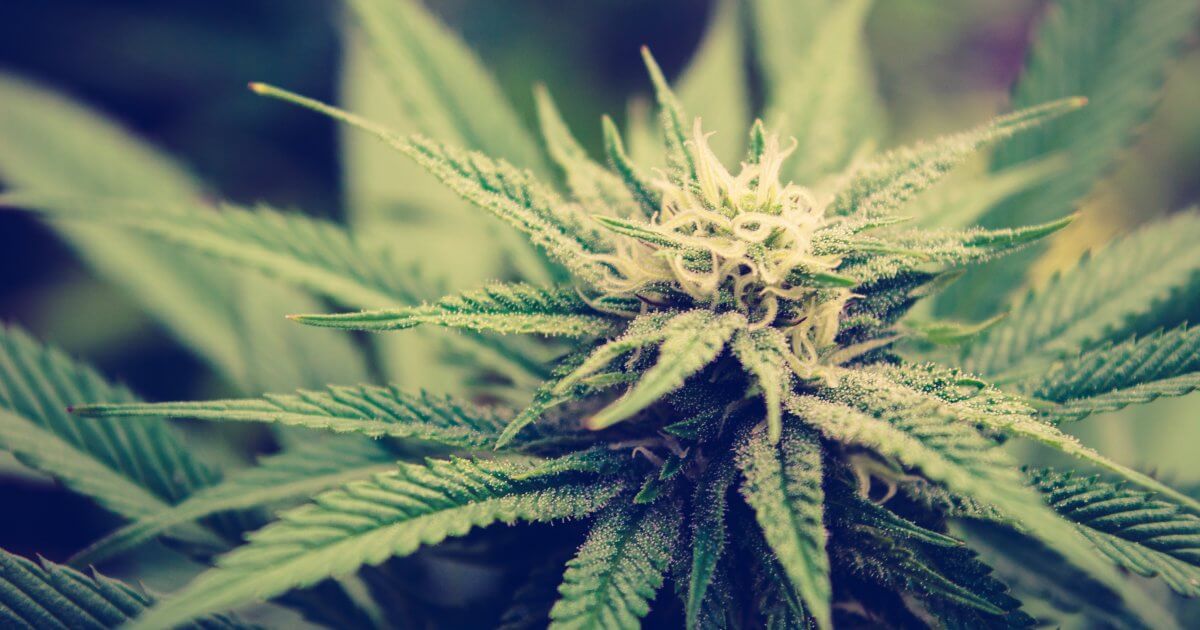New York became the 15th state to legalize recreational marijuana sales and usage Wednesday.
Under the new law signed by Governor Andrew Cuomo, New Yorkers 21 and older will be allowed to possess 3 ounces of marijuana and grow up to three mature pot plants at home, with a limit of six per household. Dispensary sales will begin in April 2022. The law will also expunge the criminal records of people previously convicted of crimes that would be legal under the new law.
Read MoreBenefits of Marijuana for Cancer Patients
Marijuana can be a helpful tool in combating the negative side effects of both cancer and chemotherapy. It can help with nausea, loss of appetite, pain and depressed mood or anxiety."Medical cannabis, if you think about it, it's the only botanical medicine that can help nausea, increase appetite, decrease pain, and elevate mood," Dr. Junella Chin, an integrative cannabis physician in New York, told SurvivorNet in a previous interview. She noted that a lot of people who are undergoing chemotherapy as part of their cancer treatment live in a state where medical marijuana is available and are using it for relief.
Some doctors will prescribe a generic version of marijuana, called Marinol, to treat these side effects. But Dr. Chin would rather use the real thing to help her patients. "That is much more effective in increasing appetite and decreasing pain for my cancer patients," she said.
Why You Should Be Cautious
Dr. Elizabeth Comen, a medical oncologist at Memorial Sloan Kettering Cancer Center, says she has “no problem” with patients getting marijuana from a “reputable, licensed source,” as long as patients communicate with their physician. It’s necessary to make sure that marijuana doesn’t “interact with any clinical trial drug that they’re taking or any standard therapy.”
RELATED: New Report Shows Significant Secondhand Marijuana Smoke Exposure in NYC Apartments
Dr. Edward Garon, a medical oncology and hematology specialist at Ronald Reagan UCLA Medical Center, told SurvivorNet in a previous interview that patients with lung cancer shouldn’t smoke anything. Therefore, Dr. Comen advises that edibles are probably the preferred method.
"When it comes to marijuana, people have been using it for a very, very, very long time to help them. But people have also been hurt by marijuana," Dr. Comen says. "I have no problem with patients getting marijuana from a reputable licensed source."
Is Smoking Pot Linked to Lung Cancer?
Dr. Comen's call for caution when it comes to smoking marijuana is important because so much research has yet to be done on the potential link between lung cancer and smoking marijuana. That's mostly because smoking pot has long been widely illegal, and therefore hard to study.
SurvivorNet's extensive review of the medical literature finds no high-quality scientific research establishing a direct link between smoking pot (or vaping it) and a risk of developing lung cancer.
"Given the expanding legalization of marijuana, and the anticipated wave of increased use, there is clearly a need to study the cancer risks of marijuana with the same rigor that has been devoted to tobacco smoke," Dr. Joseph Friedberg, head of the division of thoracic surgery at the University of Maryland School of Medicine, told SurvivorNet in a previous interview. "Both types of smoke contain some of the same carcinogens, so the widely held belief that tobacco smoke causes cancer and marijuana smoke does not is inherently flawed."
He adds, "Just as cigarettes come with health risk warnings, the risks of marijuana smoke need to be defined for users to allow them to make an informed decision about smoking pot."
So weigh your options, exercise caution, and consult your doctor to decide whether marijuana is right as a complementary therapy for your cancer.
Treating chemotherapy side effects with marijuana
Learn more about SurvivorNet's rigorous medical review process.


